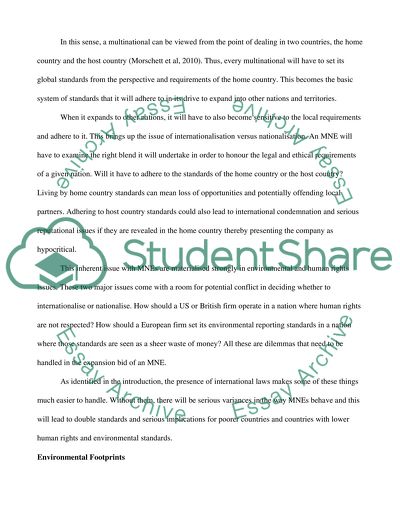Cite this document
(“International law, environment and multinational enterprises (MNEs) Essay”, n.d.)
Retrieved from https://studentshare.org/law/1393641-international-law-environment-and-multinational-enterprises-mnes
Retrieved from https://studentshare.org/law/1393641-international-law-environment-and-multinational-enterprises-mnes
(International Law, Environment and Multinational Enterprises (MNEs) Essay)
https://studentshare.org/law/1393641-international-law-environment-and-multinational-enterprises-mnes.
https://studentshare.org/law/1393641-international-law-environment-and-multinational-enterprises-mnes.
“International Law, Environment and Multinational Enterprises (MNEs) Essay”, n.d. https://studentshare.org/law/1393641-international-law-environment-and-multinational-enterprises-mnes.


